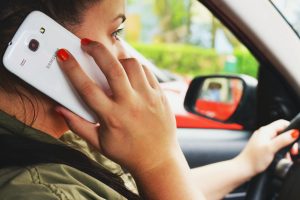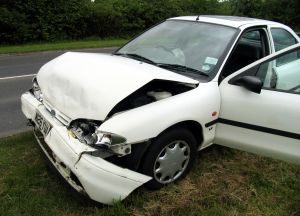Passengers injured in West Palm Beach car accidents may have multiple avenues of pursuing compensation, depending on who was at fault, how serious their injuries were and the type of insurance coverage available. One of those avenues is against the driver of the vehicle they were in. 
Florida car accidents are unfortunately an everyday occurrence. Nearly 400,000 were reported statewide last year, more than 26,000 of those in Palm Beach County, according to the Florida Department of Highway Safety and Motor Vehicles. In Florida, more than half of all fatal vehicle crashes involve a single vehicle. As most crashes are caused by driver error, passenger claims against drivers are fairly common.
If a passenger is injured due to the negligence of the person driving, they can file a claim for financial compensation to help with hospital bills, lost wages, etc. However, as West Palm Beach car accident lawyers, we’re aware that sometimes passenger plaintiffs are hesitant to do so if the driver is someone close to them – relative, friend, colleague, etc.
If this is how you’re feeling, here are a few things to consider: Continue reading
 South Florida Injury Lawyer Blog
South Florida Injury Lawyer Blog







